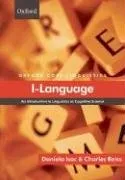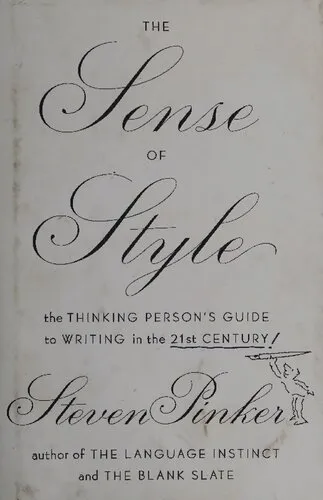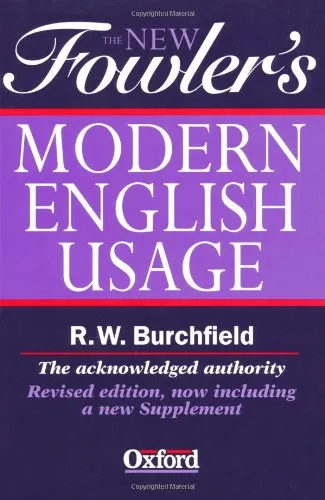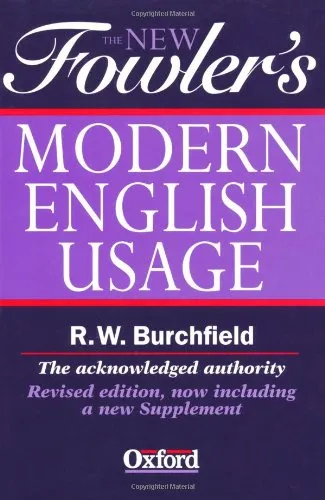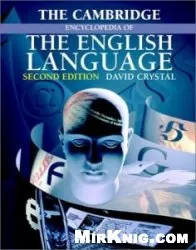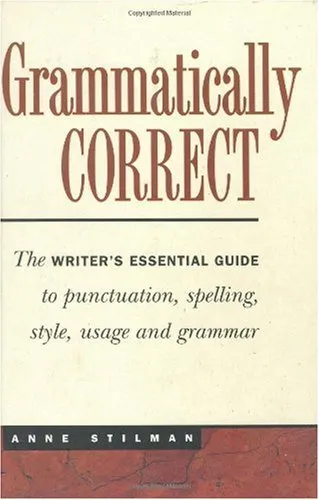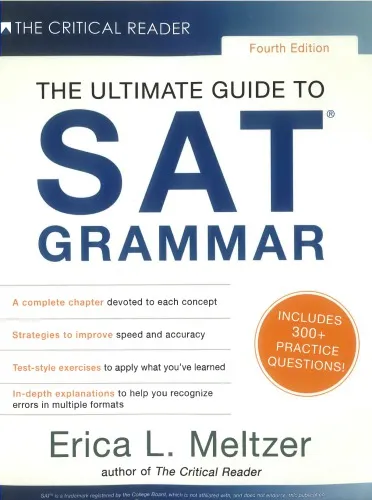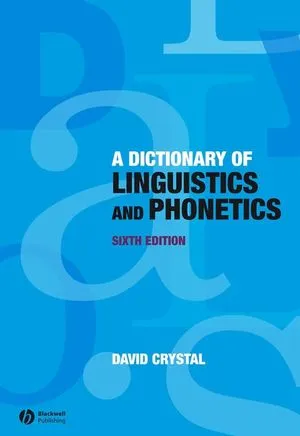I-Language: An Introduction to Linguistics as Cognitive Science
4.0
Reviews from our users

You Can Ask your questions from this book's AI after Login
Each download or ask from book AI costs 2 points. To earn more free points, please visit the Points Guide Page and complete some valuable actions.Related Refrences:
Introduction to 'I-Language: An Introduction to Linguistics as Cognitive Science'
Welcome to a journey into the fascinating world of linguistics, where language is explored as an integral part of cognitive science. 'I-Language: An Introduction to Linguistics as Cognitive Science' is a comprehensive exploration of the inner workings of language, its cognitive dimensions, and its significance in human cognition. This book is co-authored by esteemed linguists Daniela Isac and Charles Reiss, providing invaluable insights into the realm of linguistic theory and its cognitive underpinnings.
Detailed Summary of the Book
'I-Language' serves as an essential resource for understanding the intersection of linguistics and cognitive science. The book delves into the concept of I-language, which refers to the internalized linguistic knowledge inherent to individual speakers. Contrasting with E-language, which encompasses external, observable language, I-language emphasizes the internal, mental representations that constitute a speaker's linguistic competence.
Throughout the book, Isac and Reiss discuss various themes related to language processing, acquisition, and evolution, blending theoretical and empirical studies. The authors introduce seminal concepts of generative grammar, pioneered by Noam Chomsky, and illustrate how these ideas revolutionized the study of language and mind. By integrating cognitive science principles, the book reveals language as a mental process deeply rooted in our neurological architecture.
The chapters are strategically organized to guide readers through fundamental topics such as phonology, syntax, semantics, and their related cognitive processes. The book also addresses critical issues in psycholinguistics and neurolinguistics, showcasing how linguistic theories apply to real-world language processing. Each chapter is meticulously articulated, offering a thorough understanding of how language operates within the human brain.
Key Takeaways
- Understanding the distinction between I-language (internal, mental language systems) and E-language (external, observable language).
- A comprehensive introduction to generative grammar and its implications for cognitive science.
- Insights into the cognitive processes involved in language acquisition and processing.
- Exploration of the interplay between linguistics and areas such as psychology and neuroscience.
- In-depth analysis of syntax, phonology, and semantics from a cognitive perspective.
Famous Quotes from the Book
“Language is not just a collection of arbitrary signs; it is a complex system that reflects the mind’s natural capacity to generate infinite expressions from finite means.”
“I-language is a powerful concept that emphasizes the cognitive and mental dimensions of linguistic capability inherent to every individual.”
Why This Book Matters
'I-Language' is pivotal not only for students and scholars of linguistics but also for those interested in cognitive science and psychology. The book demystifies how language functions as a cognitive faculty, offering a rigorous analysis that contributes to our understanding of human cognition as a whole.
By bridging generative grammar with cognitive science, Isac and Reiss offer a transformative view that challenges traditional perspectives on language. They underscore the importance of studying language as a cognitive entity, thus highlighting its role in shaping human thought and communication. For linguists, educators, and cognitive scientists, 'I-Language' serves as a foundational text fostering interdisciplinary collaboration and knowledge.
As we advance further into the 21st century, understanding the cognitive bases of language will continue to be crucial in various fields including artificial intelligence, language teaching, and neurolinguistics. This book is a significant stepping stone in that ongoing exploration, positioning readers to engage critically with current and future developments in linguistic research.
Free Direct Download
You Can Download this book after Login
Accessing books through legal platforms and public libraries not only supports the rights of authors and publishers but also contributes to the sustainability of reading culture. Before downloading, please take a moment to consider these options.
Find this book on other platforms:
WorldCat helps you find books in libraries worldwide.
See ratings, reviews, and discussions on Goodreads.
Find and buy rare or used books on AbeBooks.
1459
بازدید4.0
امتیاز0
نظر98%
رضایتReviews:
4.0
Based on 0 users review
Questions & Answers
Ask questions about this book or help others by answering
No questions yet. Be the first to ask!
